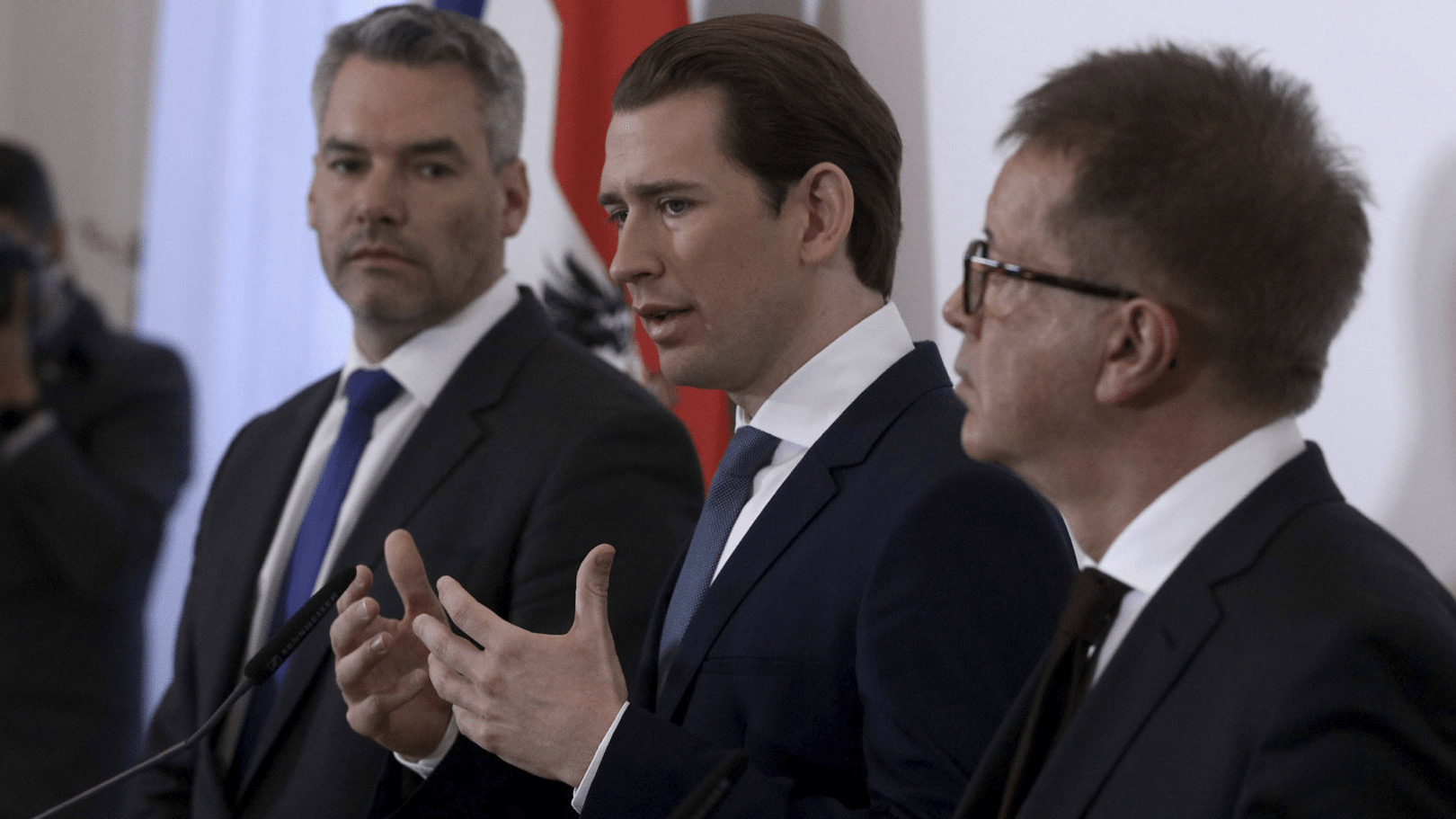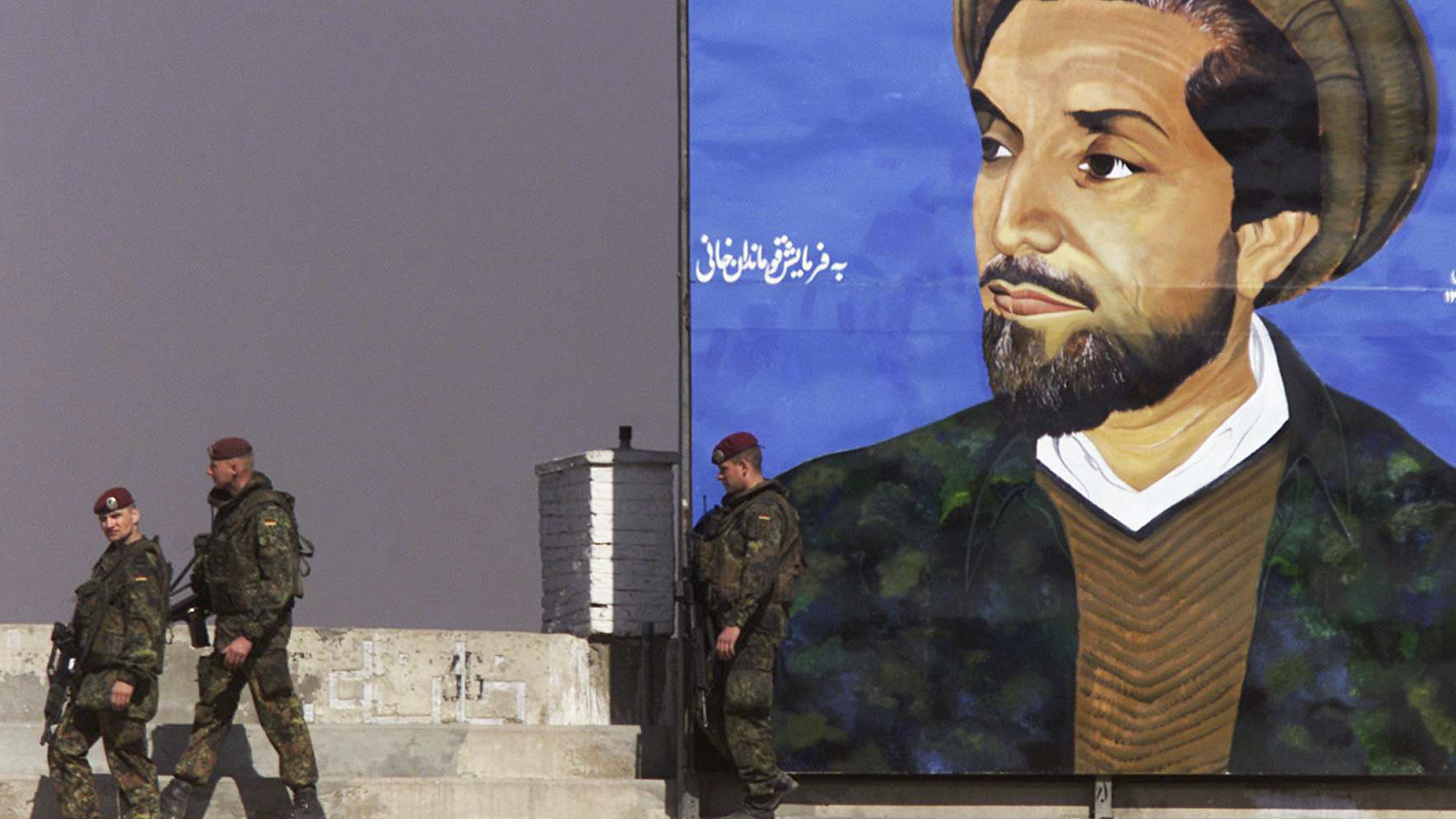
Eight months after the Vienna attacks, the Austrian authorities have just toughened their anti-terrorism legislation. With the new anti-terrorism law adopted on July 8, Austria has taken the plunge, being the first European country to put the Muslim Brotherhood on its blacklist of terrorist organizations.

War against terror did not start on September 11 in New York. It actually started two days earlier in an Afghan village no one ever heard about.

Preparing a trip to Syria or Somalia can now earn you years in prison in Switzerland. Bern is developing preventive justice and wants to take on “potential terrorists”, like some sci-fi movies which say that in the future the police will not only arrest the perpetrators of a heist, but will have the right to intercept the people who brought up the idea to commit a robbery…

According to a report by the National Intelligence Council, submitted to President Macron, on the French ISIS fighters exfiltered from Syria, some 40 of them have joined jihadist groups in Libya. As a result of this geographical rapprochement, they are a major source of concern, as they could fuel plans for illegal returns to France.

A recent US Department of Defense report submitted to the United States Congress concludes that though the US and Taliban representatives signed an agreement on February 29 as a move to end the conflict in Afghanistan, a number of subsequent events has raised questions over whether the peace process would take place.

In a recent warning note, the US FBI warned of the resurgence of bio-terrorist threats in the context of the Covid pandemic.

Afghanistan suffered two deadly suicide attacks on May 12. The first one hit the Dasht-e-Barchi maternity hospital run by Médecins Sans Frontières (MSF) in Kabul that killed at least 14, including 2 new born babies and the other was at a funeral of a local police commander in Khewa district of Nangarhar, killing 24. Both attacks were aimed at innocent civilians majority of who were women and children.

French President Emmanuel Macron recently wrote to the European Union member states to ask them for more financial commitments in the fight against terrorism in the Sahel.

Identifying the most crucial French intelligence issues and proposing a new way of operating and coordinating the efforts of the French intelligence community is at the heart of the national intelligence strategy developed this summer by the National Coordination for Intelligence and Counter Terrorism (in French: Coordination Nationale du Renseignement et de la Lutte contre le Terrorisme – CNRLT).

Since President Trump’s offensive, threatening to include the Muslim Brotherhood to the list of terrorist entities, Turkish and Qatari secret services have held numerous meetings in Doha to counter the possible consequences of the implementation of these threats.
